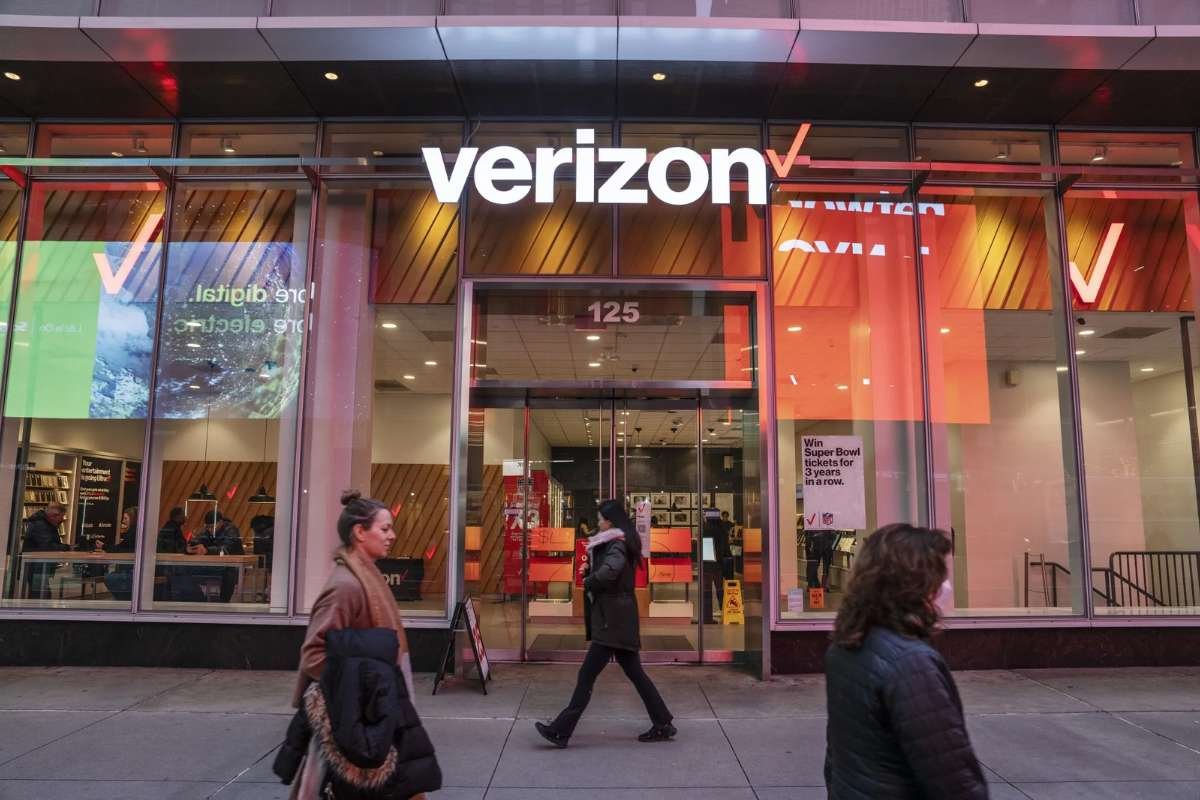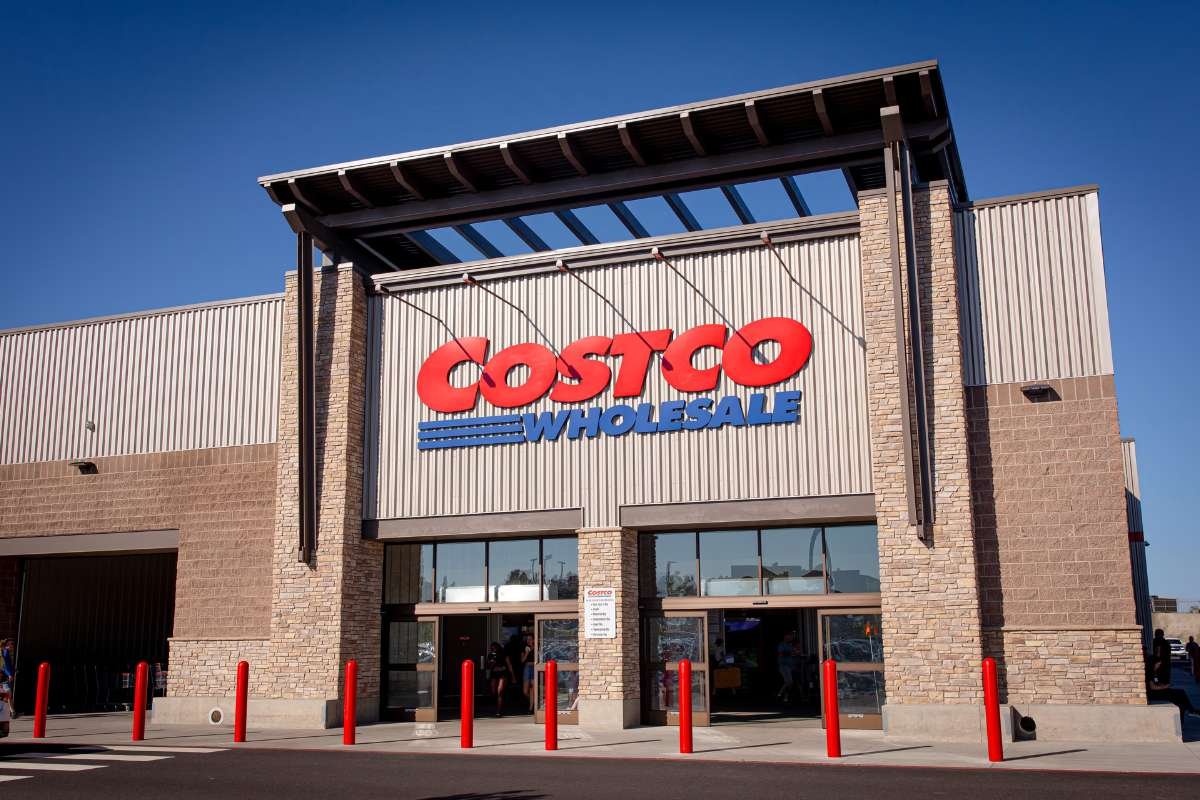Key Points:
- Verizon layoffs: Verizon cutting 13,000 jobs, 13% of workforce.
- Restructuring plan: Franchising 179 stores, closing one, reducing outsourced labor.
- Leadership strategy: CEO Dan Schulman aims to cut costs, reinvest in customers, and integrate Frontier.
Verizon Communications has announced Verizon layoffs of approximately 13,000 employees, marking one of the most significant restructuring moves in the company’s recent history. The job cuts represent nearly 13% of Verizon’s total workforce and come as the telecom giant seeks to reposition itself amid rising industry pressures and changing consumer trends.
The announcement was made by CEO Dan Schulman, who recently took over the leadership role. In a company-wide memo, he emphasized the need to realign operations, reduce excess layers, and adopt a leaner structure that supports long-term innovation. Verizon concluded the previous year with a workforce of just under 100,000 employees, underscoring the magnitude of this shift.
Schulman stated that Verizon must “evolve as a company” and streamline its cost structure to stay competitive in a rapidly transforming telecom landscape. The layoffs will impact departments across the organization, reflecting a broad operational overhaul aimed at improving efficiency and addressing ongoing financial stagnation.
Cost Restructuring, Retail Overhaul, and Employee Support Measures
The Verizon layoffs form part of a larger cost-reduction strategy focused on simplifying business processes and reallocating resources. Company leadership has acknowledged that rising competition and high internal expenses have made it difficult to invest adequately in network improvements and customer-focused innovation.
To assist affected employees, Verizon has introduced a dedicated Career Transition Fund worth $20 million. This initiative will support reskilling, workforce placement programs, and professional development opportunities, helping laid-off workers adapt to an industry increasingly shaped by automation and artificial intelligence.
In addition to workforce cuts, Verizon is reshaping its retail strategy. The company plans to convert 179 corporate-owned stores into franchised outlets, reducing operational costs and giving local partners greater control of day-to-day management. One corporate retail location will be permanently closed as part of this shift.
Executives have framed these moves as necessary to “reorient the entire company”—a message intended to reassure stakeholders that the restructuring is part of a long-term strategic vision rather than a short-term reaction.
Competitive Pressures and Market Reaction
Verizon’s restructuring, driven by Verizon layoffs, arrives at a pivotal moment for the telecom industry. The company has been grappling with slowing subscriber growth and increasing pressure from competitors, particularly T-Mobile and AT&T, which have outpaced Verizon in several consumer markets and network performance metrics.
Since taking office in October 2025, Schulman has prioritized improving cost competitiveness and accelerating service innovation. The job cuts mark his first major structural move to position Verizon for a more agile, customer-driven future.
Market reaction to the announcement was cautious. Verizon’s shares fell slightly following the news, reflecting investors’ concerns about execution risks and the potential disruption of such large-scale internal changes. Despite this, analysts believe the restructuring could enhance Verizon’s long-term viability if the company successfully adapts to shifting industry dynamics.
As Verizon enters this new phase, the company aims to balance cost savings with renewed investment in 5G expansion, enterprise solutions, and digital transformation initiatives. The months ahead will test whether this bold restructuring, following Verizon layoffs, can deliver the operational speed and financial resilience leadership envisions.
Sources:


















